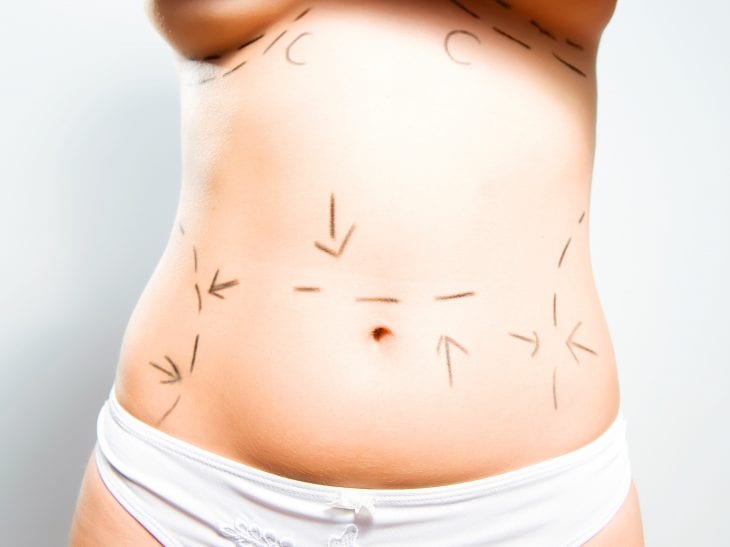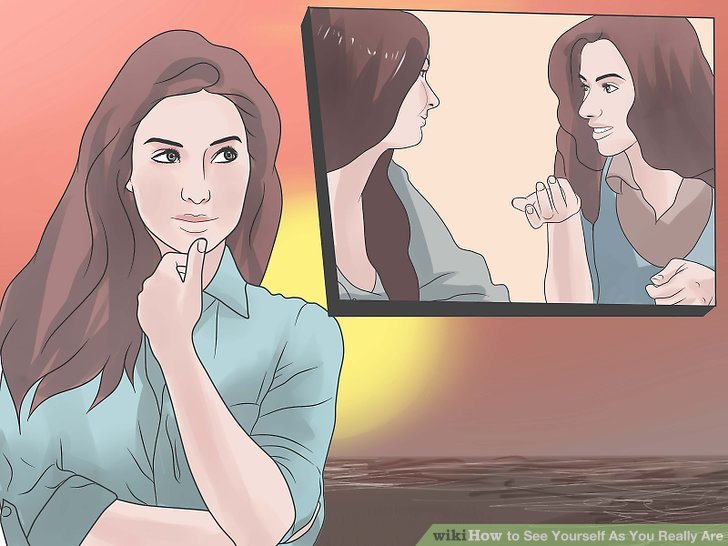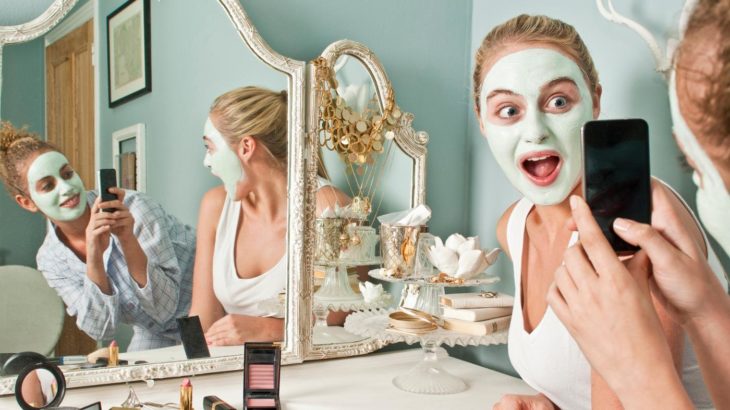Here are all the things I know about my body: My angular face no longer gains weight at the same rate that the rest of my body does, so when I gain weight my head looks smaller even though everything else looks about right in ratio to each other. I have proportionately very large thighs, and specifically proportionately very large quadriceps. My hamstrings and calves aren’t as developed. My ankles are likewise really wide. I have splayed breasts and my nipples don’t point quite forward. My rib cage is just about as wide as my hips. My hips are very wide. My butt has a pretty round shape but it doesn’t sit very high and I still don’t know if that can change via infinite squats (or if I care?). I have thin fingers but knobby knuckles. I have wide shoulders. My upper arms have some heft, so when they’re flat to my sides they splay out a little. My toes curl into each other. The tops of my feet are kind of hairy. I have a genuinely big-boned frame. The way I carry fat on my body has changed significantly in the last 10 years. I bloat up the week before my period. My skin never tans, it just gets sort of burnished. My legs are short for my height. I’m 70 inches tall, I weigh 176 pounds, and I have 24 percent body fat.

Source: NOVA Plastic Surgery
None of these things are criticisms — well, none of them are criticisms anymore. I spent the larger part of my life avoiding looking in the mirror, and when I did, I would only catch glances. It’d be a glance here at my legs, a glance there at my arms. It was always part of a subconscious effort to compare a part of my body to a part of someone else’s body — not just celebrities, but women I’d see walking down the street. So I only knew about my body the things that didn’t match up to someone else.
And I used to suck in all the time. One day last year, I was at my boyfriend’s apartment and I admitted to him that I suck in my stomach and he said, “No way, let me see you not sucking in.” This was a terrifying prospect, but I did it. His response: “Wait, what? Suck in again.” So I did. He laughed. “You realize that’s like less than a centimeter difference, right?” I didn’t, because I never actually looked at myself when I wasn’t sucking in.
That quickly, my self-perception fell at my feet. I had looked at my stomach so much in an effort to compare to other people’s stomachs, but I didn’t actually know what my stomach looked like. I didn’t know what my body looked like. So I started looking at the whole thing in the mirror more often, all of it, clinically rather than critically, from every angle, naked, because hell, this is what I have to live in. I learned what it looks like when I lose weight, when I gain weight when I gain muscle. I learned the difference between my skin when I’m rested and healthy and my skin when I’m sick or anemic. I learned that the blue circles under my eyes are hereditary, not (always) a mark of fatigue. I started being able to spot potentially problematic dark spots on my skin. I started knowing what to expect from my body, signs of health, signs of trouble.

Source: wikiHow
But more than that, I started looking at other people differently. This binds to the Relational Frame Theory that says that the way we look at ourselves inevitably becomes the way that we look at other people too. The less critically I viewed myself, the less critically I looked at others. I walk down the street and see thighs that I might once have been jealous of, but I have to note that they’re attached to a skeletal frame that’s narrower than mine and a body fat distribution that’s up-top rather than down by the hips and thighs, so is there really any reason to compare them to mine? Or, some woman’s boobs might look perkier than mine, but mine are set very wide apart from each other, so they’re not going to look perky, ever; they have their own grace. Sometimes I see people who are thinner than me in their stomachs but their fat distribution is really high up — like, in their shoulders and necks. I’m not like that at all.
What I’m saying is, when you start looking at your whole body, and understanding it for what it is, seeing it with your eyes and not your aspirations, it becomes pointless to pick yourself apart. And it starts seeming cruel to reduce other people to their body parts, even if you’re comparing them favorably to yourself. They’ve got whole bodies, too; they’re whole people with their own body perceptions and health concerns, and it’s no business of yours to cast any kind of judgment on them — or yourself, for that matter.

Source: Reference.com
Original by
